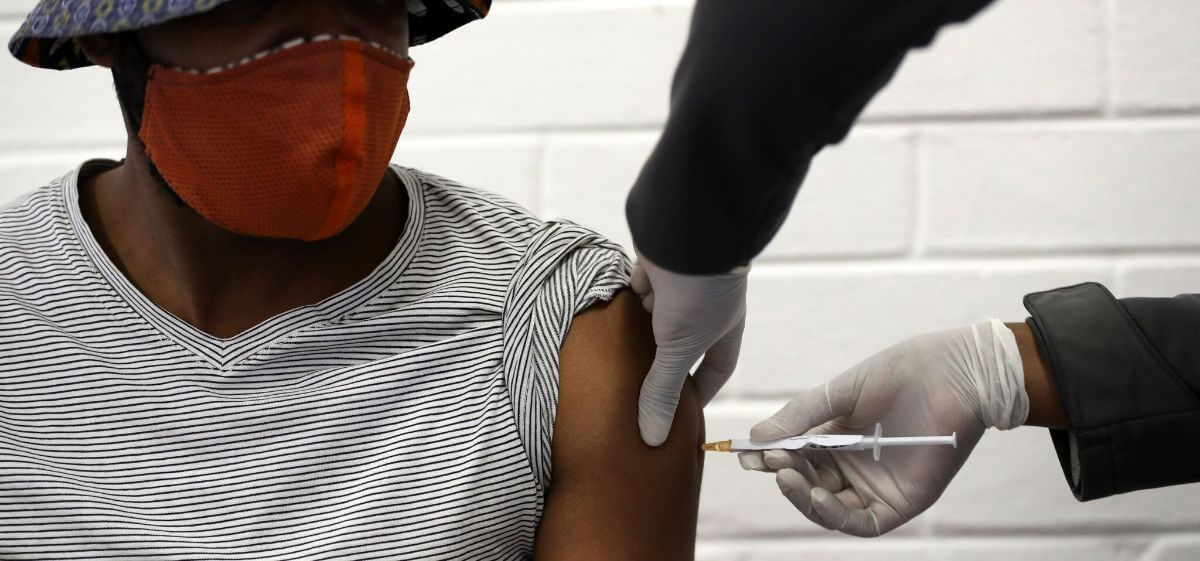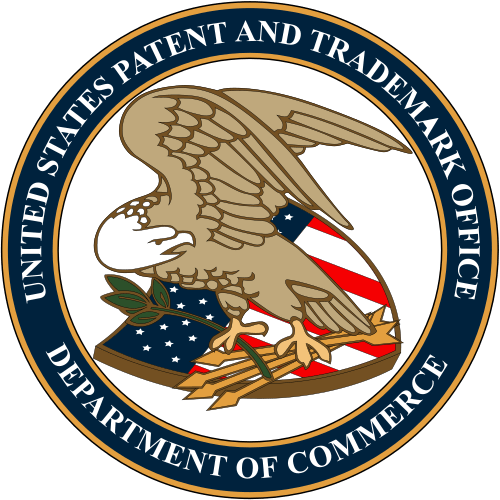Biden Administration Faces Request to Suspend Patent Protection on COVID Vaccines
Takeaway: Biden Administration is evaluating option to suspend patent protections on COVID-19 vaccines in hopes to boost global supply.

Last week, the Biden administration reviewed proposals for breaking COVID-19 vaccine patents. As well, Moderna faces similar pressure, and Doctors Without Borders urged an IP waiver at the World Trade Organization, allowing countries to ignore patents until the world reaches herd immunity.
Proposals are still being reviewed, but it is not clear how the U.S. would boost access elsewhere by suspending IP protections on these vaccines. Many argue that manufacturing COVID-19 vaccines require materials that are already in very high demand, and allowing other manufacturers to appropriate the patents would not increase the supply of the starting ingredients, but instead make it harder for the current manufacturers to produce these vaccines.
Aside from the practical concerns are legal questions, as many are unsure how these policies could affect patent law in future medical innovation.
Photo Credit: www.nytimes.com /2020/12/10/opinion/coronavirus-vaccine-patents.html
USPTO Charges New Fees For Deleting Information From Trademark Registrations

Takeaway: The USPTO now charges a fee for certain requests to delete goods, services, or classes not used in commerce from a registration.
As of January 2, 2021, the USPTO implemented a fee for requests to delete goods and services from a registration after a section 8 or 71 declaration is filed but before acceptance.
The USPTO asserts that this new fee implementation “will improve the integrity of the register by encouraging registrants to: Determine sooner the goods, services, or classes in the registration for which their registered trademark is no longer in use; Delete those goods, services, or classes from the registration before filing or within their section 8 or 71 declaration; More quickly comply with statutory requirements regarding claims of use.”
The Ninth Circuit Finds THE HERBAL CHEF to be Generic
Takeaway: The phrase THE HERBAL CHEF does not qualify for trademark protection for cannabis-infused cooking.
Just this month, the Ninth Circuit Court of Appeals affirmed a grant of summary judgment in favor of the defendant finding that THE HERBAL CHEF is merely descriptive when used in connection with catering, educational, and advocacy services involving cooking with infused cannabis and thus does not qualify for trademark protection.
The district court dismissed federal and state trademark and unfair competition claims based on THE HERBAL CHEF mark because the mark is not inherently distinctive and could support the claims on the facts presented. While representatives for THE HERBAL CHEF argued the name was “suggestive,” the court nonetheless found the argument to be unpersuasive and affirmed the USPTO’s decision to reject the trademark.
Recent Changes to the California Consumer Privacy Act of 2018 (“CCPA”)
Takeaway: Recent new modifications to the CCPA, which assist consumers with the ability to request that businesses do not sell their personal information, require that you review your consumer practices and make sure they are compliant.

On March 15, 2021, the Attorney General of California announced new regulations that will be implemented into the California Consumer Privacy Act of 2018 (“CCPA”), effective immediately. The new modifications to the law include changes to requirements for (1) offline collection of personal information, (2) an optional icon that may be used to assist in notifying consumers of their rights, and (3) a requirement for minimizing the steps required for opting-out of the sale of personal information.
In general, the changes require businesses to be clearer regarding a consumer’s right to opt-out, which may be accomplished by using plain language and by placing the notice in an accessible location where consumers will be informed of their rights before the collection of information occurs.
The changes were integrated into the section of the CCPA that concerns the requirements for providing notice of a consumer’s right to opt-out of the sale of personal information. The purpose behind this provision is to assist consumers with the ability to request that businesses do not sell their personal information.
Given these recent updates, businesses should consult with us to review their practices to make sure they are compliant with the new law.
Cislo & Thomas LLP Spotlight
Lucky Boy Hamburgers, Inc. Sues Postmates Inc.
Pasadena-based restaurant Lucky Boy Hamburgers, represented by Cislo & Thomas LLP, sued Postmates over the third-party food delivery service’s refusal to cease its unauthorized use of Lucky Boy’s registered trademark on its online platform. Lucky Boy also alleges the company intentionally posted a menu with incorrect information and lower pricing.
Originally, the restaurant did not want to utilize Postmates because of its high service fees. It is now alleged that Postmates retaliated against Lucky Boy by offering “alternatives with similar food when Lucky Boy is searched for, and this too diverts business away from Lucky Boy.”
As we now pass one year of COVID quarantining, food-delivery services are more popular than ever, so it will be interesting to see how this case plays out.
Jeffrey Sheldon, the Biz Assembly, and IP For Entrepreneurs Zoom Workshop
Cislo & Thomas LLP Partner Jeffrey Sheldon is on the board of directors of the Biz Assembly. The Biz Assembly is a group of business mentors and owners who are dedicated to educating entrepreneurs in starting and growing their businesses.
The organization is hosting a set of Free Entrepreneurial Zoom Workshops. Sign up for all the different available events HERE.
Enjoy keeping up with IP news?




